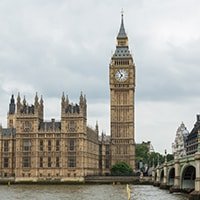The House of Lords Economic Affairs Committee has criticised some of the powers granted to HM Revenue & Customs (HMRC), describing them as disproportionate and lacking effective taxpayer safeguards.
The committee’s latest report says that HMRC’s powers are now too broad and the penalties too high, deterring taxpayers from appealing and creating injustice within the system. It has demanded that the Government reviews the current arrangements.
Lord Forsyth of Drumlean, the committee’s chairman, said that, while the tax authority was right to challenge tax evasion and aggressive tax avoidance, “a careful balance must be struck between clamping down and treating taxpayers fairly.”
The committee believes that the evidence it uncovered suggests that “this balance has tipped too far in favour of HMRC and against the fundamental protections every taxpayer should expect.”
Although the report covers a number of areas of taxation, the committee gave special consideration to “disturbing evidence” on the approach to the loan charge.
This new fee is intended to prevent disguised remuneration schemes, where workers have been paid via a loan with the intention of avoiding tax and national insurance contributions.
However, the committee is concerned that the retrospective nature of the charge could affect those that were unaware of the risks or forced to use this arrangement by their employer.
It has recommended that HMRC urgently reviews these cases where the only remaining consideration is the individual’s ability to pay and establishes a dedicated helpline to support those adversely affected by the loan charge.
The committee has also called on Parliament to consider how it scrutinises the powers it gives to HMRC.
















